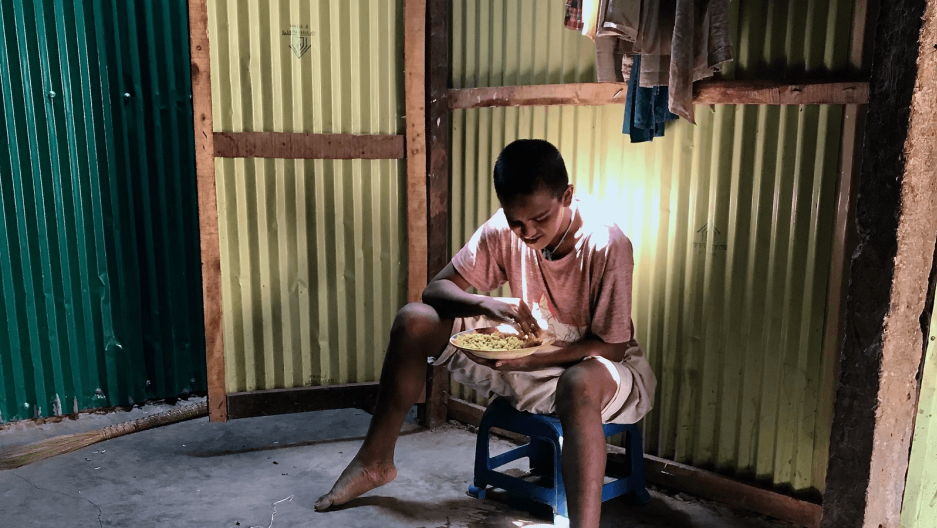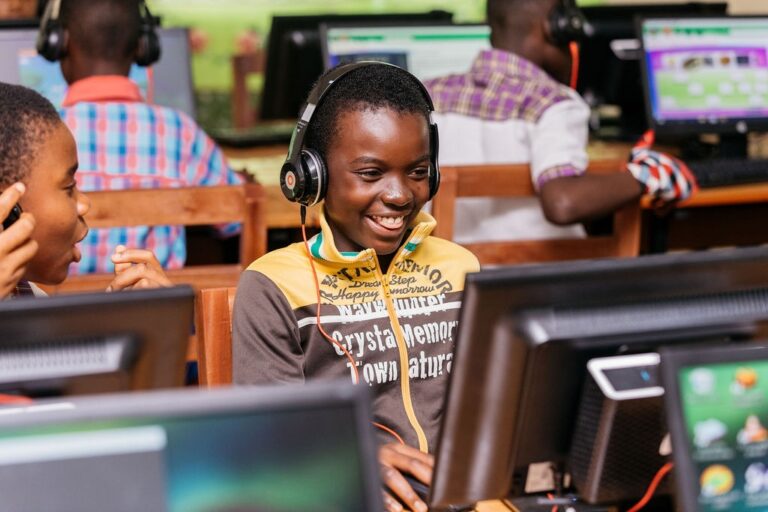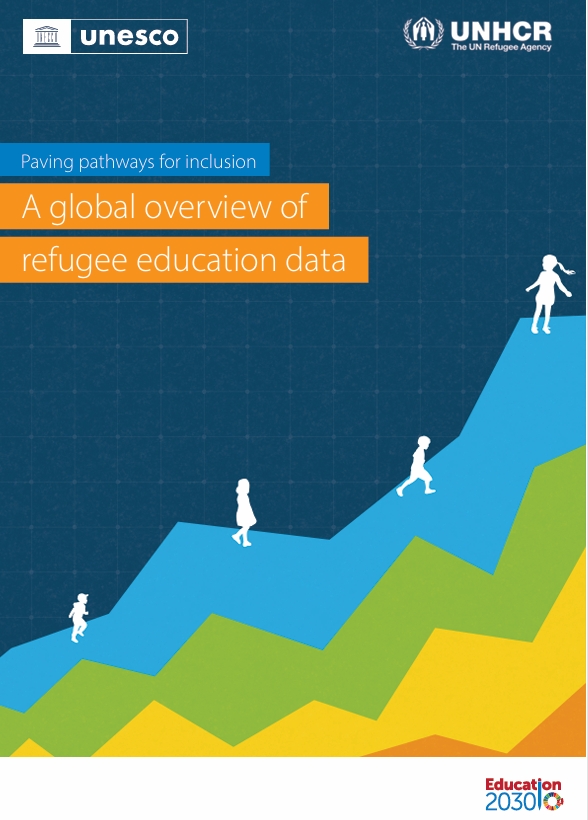Photo: (From Author Site URL)
Anayetullah, 18, is a growing teenager. For lunch, he helps himself to three large plates of fried rice. But as he sits on a blue plastic step stool to eat, clues emerge that Anayetullah might be different from other children. He teeters back and forth and repetitively centers his rice in a triangle with his hands before scooping up a handful to eat.
Anayetullah and his mother, 39-year-old Zohura Khatun, are Rohingya — a stateless Muslim minority from Myanmar. Since the late 1970s, intermittent religious violence in predominantly Buddhist Myanmar has sent the Rohingya fleeing for their lives into Bangladesh. Today, more than 900,000 Rohingya live in shelters and nearby host communities in southeastern Bangladesh.
Inside his makeshift home made of bamboo and metal sheets…
CONTINUE READING AT AUTHORS WEBSITE >>



![[Preliminary Report] CRNA Collaborative Research for Exploring Factors Nurturing"Happy and Resilient" Children among Asian Countries](https://equity-ed.net/wp-content/uploads/2024/09/1725672182698.jpg)


